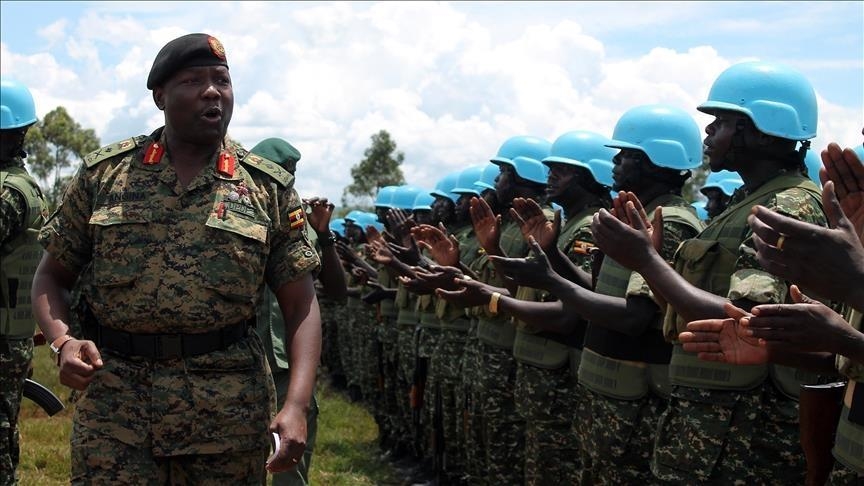Allied Democratic Forces (ADF) terror group’s commander was responsible for 2 attacks in western Uganda this month that killed 13 people.
Uganda’s defence forces said they killed the Allied Democratic Forces (ADF) terror group’s commander responsible for two attacks in western Uganda that killed 13 people this month.
In a statement, Uganda People’s Defence Forces (UPDF) deputy spokesperson Col. Deo Akiiki said the commander, identified as Musa Kamusi, was responsible for the Dec. 18 and Dec. 26 attacks in which 13 people lost their lives, adding that he was killed inside Kibale National Park on Wednesday.
An operation is underway to apprehend the assailants who have been terrorizing civilians in Kamwenge, western Uganda. The army is recruiting personnel from local defense units to reinforce security in the area.
ADF rebels are accused of having massacred thousands of civilians in DR Congo in recent years and of carrying out attacks on Ugandan soil. In October, two tourists, a British man and a South African woman on their honeymoon, as well as their guide, were killed while on safari in Queen Elizabeth National Park in the west of the country. Anadolu Agency






